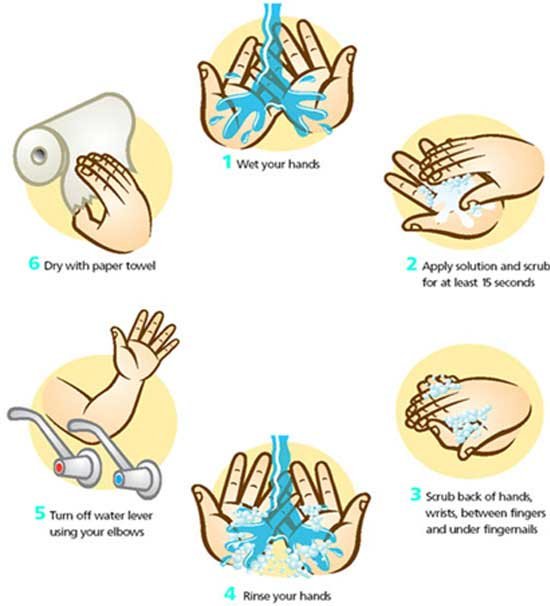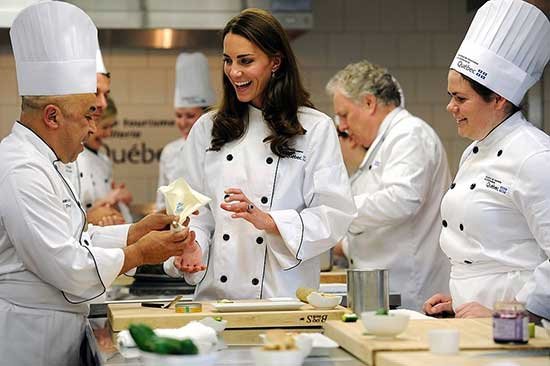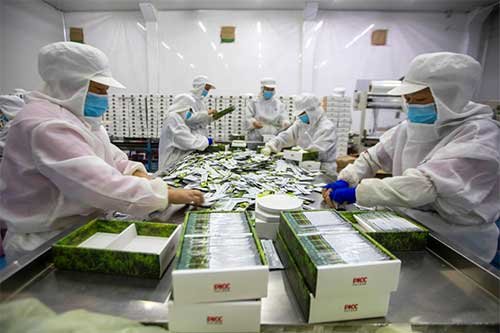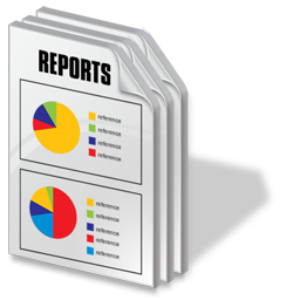
Personal Hygiene in the Food Industry: Germs or bacteria are to be found in and on the body, and they can be transferred onto anything with which the body comes in contact.
Personal hygiene in the food industry is essential to prevent germs from getting on to the food.
Self-respect is necessary for every food handler because pride in one’s appearance promotes a high standard of cleanliness and physical fitness.
Persons suffering from ill-health or who are not clean about themselves should not handle food.

Read More: Kitchen Safety Tips for the Food Industry: Chefs Should Not Skip this!
How to Wash Hands Correctly?
- Always wash your hands in the particular wash-hand basins provided. Never in other sinks, I.e., in washing-up water or in sinks used to prepare food.
- Use hot water and disinfectant soap and lather hands, wrists and forearms.
- Use a clean nailbrush to clean under nails.
- Rub your hands together, then wash off under running water.
- Dry hands thoroughly, applying a clean towel or hot air dryer.
- Stop touching whatever will contaminate your hands before coming back to work (e.g., cleaning cloths, dirty dishes, cigarettes).

Wash your hands regularly, to stop transferring bacteria from your hands to the workplace. Hands should always be cleaned.
– Instantly after using the lavatory or toilet.
– After sneezing or blowing your nose.
– After handling dirty equipment.
– After using cleaning materials.
– Before coming on duty.
– After your break.
– After smoking.
– After handling raw food.
How to Develop a Daily Personal Hygiene Policy at Work?
- Make a daily personal hygiene routine practices as an SOP for personal hygiene in the food industry.
- Bathe/shower daily; change socks and undergarment daily
- Brush teeth a minimum of two times daily; if possible after each meal
- Wash hair regularly, if possible every day. Keep beards and hair neatly covered and trimmed (i.e., wear a hairnet/hat during food handling)
- Keep clean fingernails and shorts. Stop using excessive volumes of nail polish, perfume, or make-up.
- Keep uniform/protecting outfit clean, hang up your outside clothing in the staff room, not in the workplaces
- Keep burns and cuts covered with a fresh, water-resistant dressing
- Inform your manager if you are suffering from a cold, painful throat, boils, skin rash, diarrhea, upset stomach or an infected cut. Your manager will decide whether you should be on duty or not.
Read More: Kitchen Organization: Understanding the Modern Kitchen Brigade System
PPE: Personal Protective Equipment
It is essential that people working in the kitchen should wear suitable clothing and footwear. Appropriate clothing must be:
- Protective
- Washable
- Light in weight
- Strong
- Absorbent

- Chef hat: This is tall in shape and white in color. It can be made from disposable paper, starched linen or light reinforced materials. It is worn to prevent the hair from falling onto the food.
- Chef coat: This is usually white, double-breasted, and may have removable plastic buttons.
- Neckerchief: This is usually white, red, or green and is worn around the neck to prevent sweating in the heat of the kitchen.
- Apron: This is thick white linen with removable tapes. It is worn to knee length to protect fire and oil coming in contact with the worker.
- Trousers: These are made of light cotton materials, in black and white checks.
- Shoes: Suitable footwear is as essential as any other part of the uniforms. Safety shoes are recommended. Shoes are worn to prevent slipping and protect feet from stab wounds should knives be dropped.
When you are working, pay particular attention to the personal habits of which you may be unaware, but can quickly spread bacteria, i.e.:
- Don’t try to comb your hair or put on make-up in the food or public areas.
- Do not spit, cough, or sneeze openly in food or open spaces, use a tissue wash your hands afterward.
- Stop picking your nose or teeth or scratch your head.
- Stop smoking in work or public areas.
- Do not use your apron or part of your uniform to wipe your hands as this will contaminate your hands.
- Stop leaning or sitting on work surfaces.
- Do not leave the clutter behind you clear up, wash and put away equipment and utensils.
- Do not leave rubbish and waste material lying around put into a covered refuse bin.
- Only hand-washing will keep your hands clean!
Ten Personal Hygiene Grooming and Dress Code for Staff
1. Always wash your hands before commencing work and still after using the toilet.
2. Tell your supervisor at once of any skin, nose, and throat, or bowel trouble.
3. Cover cuts, sores with waterproof dressings.
4. Follow the company dress code and always wear clean clothing and be clean.
5. Remember that smoking in public areas while on duty is forbidden and dangerous.
6. Keep your work area clean and tidy. Keep equipment and utensils clean.
7. Keep to a daily routine of personal cleanliness means a daily routine of personal hygiene in the food industry.
8. Never spit, cough, or sneeze openly use a handkerchief.
9. Keep a spare, clean uniform available to change into at short notice.
10. Remember the law requires clean, fully equipped, well lit, and air conditions for work areas.








